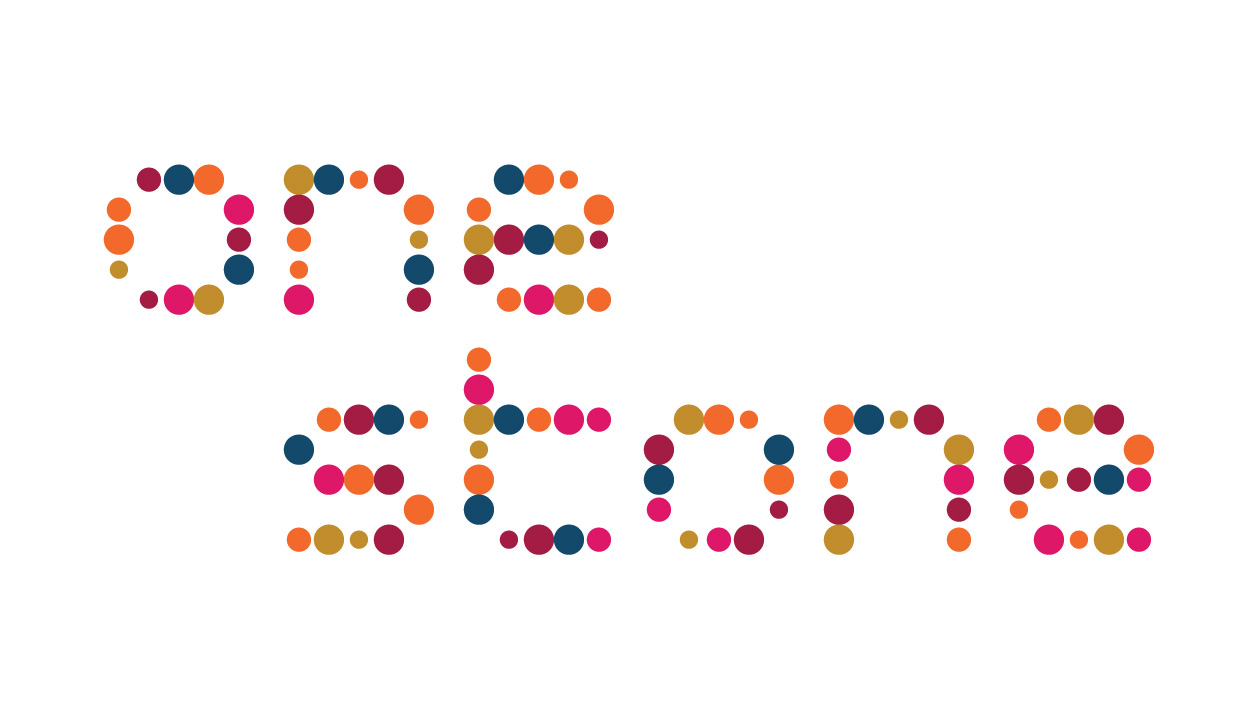

One Stone Asia Pacific

New South Wales, Australia
May 2019
Environmental consulting
Service with Minor Environmental Footprint
Australia,
New Zealand,
Singapore,
United States
One Stone Asia Pacific is a purpose-driven, women-owned sustainability advisory firm specialising in strategy, impact measurement and leadership, ESG strategy, planning and engagement. Our mission is to help clients become more effective sustainability leaders by turning challenges into lasting value. Our aim is to create measurable positive impact through every project we do. We know our stuff. We've delivered award-winning results for major corporations and the world's most iconic organisations — from Sydney Opera House to the United Nations — but you don't have to be big to be great! Wherever our customers are on their leadership journey, we create the right foundations and roadmap to help them succeed. Walking the talk matters, which is why we're a certified B Corp. We're also B Consultants and B Facilitators, so from the totally B Committed to the simply B Curious, we’re here to help every business be a greater force for good.
Overall B Impact Score
Governance 21.4
Governance evaluates a company's overall mission, engagement around its social/environmental impact, ethics, and transparency. This section also evaluates the ability of a company to protect their mission and formally consider stakeholders in decision making through their corporate structure (e.g. benefit corporation) or corporate governing documents.
What is this? A company with an Impact Business Model is intentionally designed to create a specific positive outcome for one of its stakeholders - such as workers, community, environment, or customers.
Community 50.2
Community evaluates a company’s engagement with and impact on the communities in which it operates, hires from, and sources from. Topics include diversity, equity & inclusion, economic impact, civic engagement, charitable giving, and supply chain management. In addition, this section recognizes business models that are designed to address specific community-oriented problems, such as poverty alleviation through fair trade sourcing or distribution via microenterprises, producer cooperative models, locally focused economic development, and formal charitable giving commitments.
Environment 16.5
Environment evaluates a company’s overall environmental management practices as well as its impact on the air, climate, water, land, and biodiversity. This includes the direct impact of a company’s operations and, when applicable its supply chain and distribution channels. This section also recognizes companies with environmentally innovative production processes and those that sell products or services that have a positive environmental impact. Some examples might include products and services that create renewable energy, reduce consumption or waste, conserve land or wildlife, provide less toxic alternatives to the market, or educate people about environmental problems.
Customers 46.4
Customers evaluates a company’s stewardship of its customers through the quality of its products and services, ethical marketing, data privacy and security, and feedback channels. In addition, this section recognizes products or services that are designed to address a particular social problem for or through its customers, such as health or educational products, arts & media products, serving underserved customers/clients, and services that improve the social impact of other businesses or organizations.
What is this? A company with an Impact Business Model is intentionally designed to create a specific positive outcome for one of its stakeholders - such as workers, community, environment, or customers.